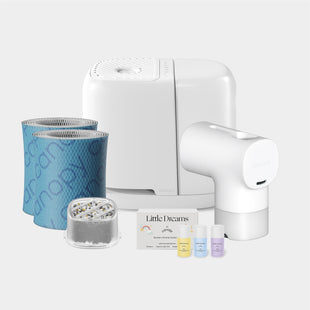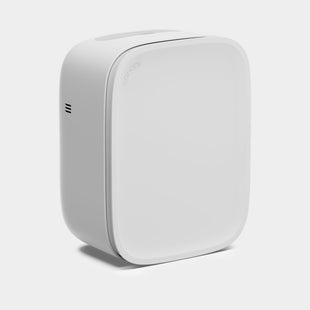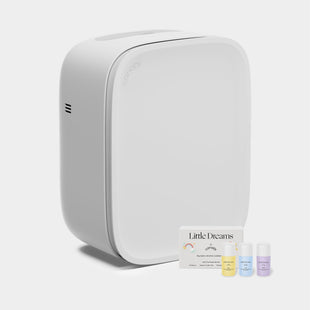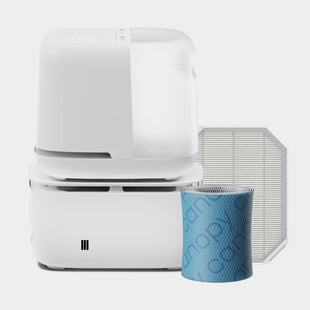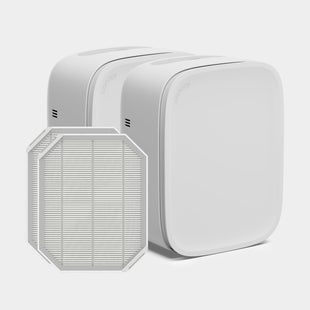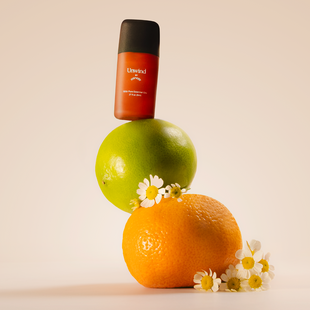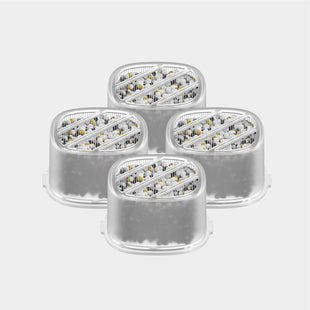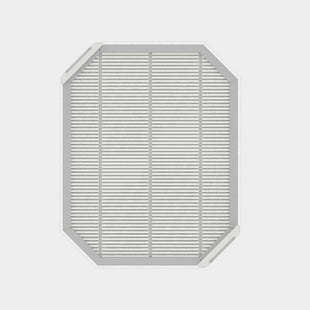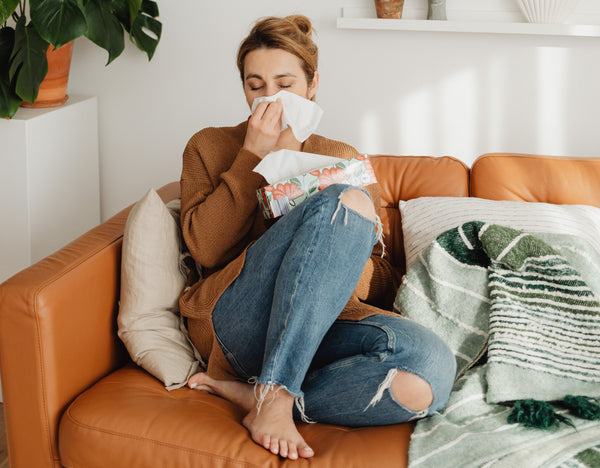Nothing gets in the way of a beautiful day quite like sneezing, coughing, congestion, and watery, irritated eyes. If this sounds familiar, then you know these symptoms can come with exposure to a range of substances, from dust and mold to pollen and pet dander.
When allergies disrupt your routine, you might wonder what you can do to alleviate your symptoms and feel more comfortable in your environment. It all starts with understanding what allergies are and why the body reacts in certain ways.
What Causes Allergies?
Allergies are the body’s reaction to substances it may consider harmful. These can be triggered by a wide variety of factors. Respiratory allergies are often triggered by particles in the air, while some people experience skin reactions to insect stings and certain chemical compounds. Food allergies can cause a number of symptoms that can affect the whole body.
Seasonal allergies are typically respiratory and are most likely to be influenced by the weather. People usually associate seasonal allergies with tree, grass, and weed pollen on clear, windy days, but humidity can also play a role in how you feel.
How Does Weather Affect Allergies?

The weather has the power to influence many aspects of our lives—especially our health. Not only can the weather increase exposure to common outdoor allergy triggers, but it can also increase exposure to indoor allergens. For example, some people experience pollen allergies in the spring and summer only to find that they also react to dust and pet dander indoors during the fall and winter.
It’s important to note that you still have some control over your allergies. If you’ve ever noticed that you don’t react as badly on damp or rainy days, you have humidity to thank. The extra moisture in the air weighs down small particles, so they stick to the ground instead of floating around in the air. Moist air also helps soothe your nasal and respiratory passages, which can become irritated due to common allergy symptoms.
Does a Humidifier Help With Allergies?
If you’ve ever wondered whether a humidifier can help with indoor allergies, the answer is yes—with some nuance. Introducing humidity into the air keeps airborne allergens under control and relieves your symptoms, but you have to be mindful of the moisture levels. Too much in an enclosed space can allow mold and dust mites to thrive, which will also trigger allergic reactions. Ideally, your home’s humidity should be between 30 and 50% depending on seasonal conditions.
Tips for Reducing Allergies
Stay Indoors
Staying indoors during dry, windy days is one of the best ways to avoid troublesome allergy symptoms. Dry air irritates your nasal and respiratory passages, so they’re more susceptible to intense allergic reactions. Make a habit of checking the weather and air quality report in the morning and plan your day accordingly. Keep your windows closed for extra protection.
Remove Clothing
If you do have to venture outdoors during unfavorable conditions, removing clothing as soon as you walk through the door keeps you from tracking allergens throughout your home. Pollen and dirt are two big triggers and are easy to bring in on shoes and clothing. Leave your shoes by the door and shake out your jacket before hanging it up. Keep a laundry hamper close to the door for other layers of clothing if you have space.
Clean Frequently
Dust and pet dander are two major causes of indoor allergy symptoms. The best way to minimize these airborne contaminants is to dust off shelves and surfaces frequently, before they become problematic. A traditional feather duster does little more than push dirt around; a damp cloth does a better job trapping dirt. Dust before vacuuming so you catch any particles that end up on the floor.
Change Air Filters
Air conditioning and humidifiers throughout your home can help keep some allergy triggers at bay. However, failing to change their filters regularly can result in air pollution that may affect your allergies and your health. Be sure to change out air filters regularly; the unit’s owners manual most likely has recommendations. Set a calendar reminder and stick to it to ensure you can always breathe comfortably at home.
The body of your humidifier also needs to be cleaned to prevent mildew that can lead to allergy symptoms. Sticking to a cleaning schedule is easy—just do it when you change the filter.









